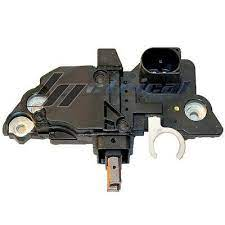mpc
Active Member
- Joined
- Mar 12, 2017
- Messages
- 150
- Car
- 2018 S205 C250 AMG LINE PREMIUM D AUTO
I went to start my car this morning and the battery was flat. Its a C250 W204 2011 Estate.
I hooked up a battery charger this morning (9.30am) and have left it most of the day. I have kept checking on it every few hours to see progress (my battery charger has a % charged display) and it seems to be hanging at 80%. Should I keep it charging in hope it will gt to 100% or is it likely that 80% is the best i'm going to get?
I hooked up a battery charger this morning (9.30am) and have left it most of the day. I have kept checking on it every few hours to see progress (my battery charger has a % charged display) and it seems to be hanging at 80%. Should I keep it charging in hope it will gt to 100% or is it likely that 80% is the best i'm going to get?

